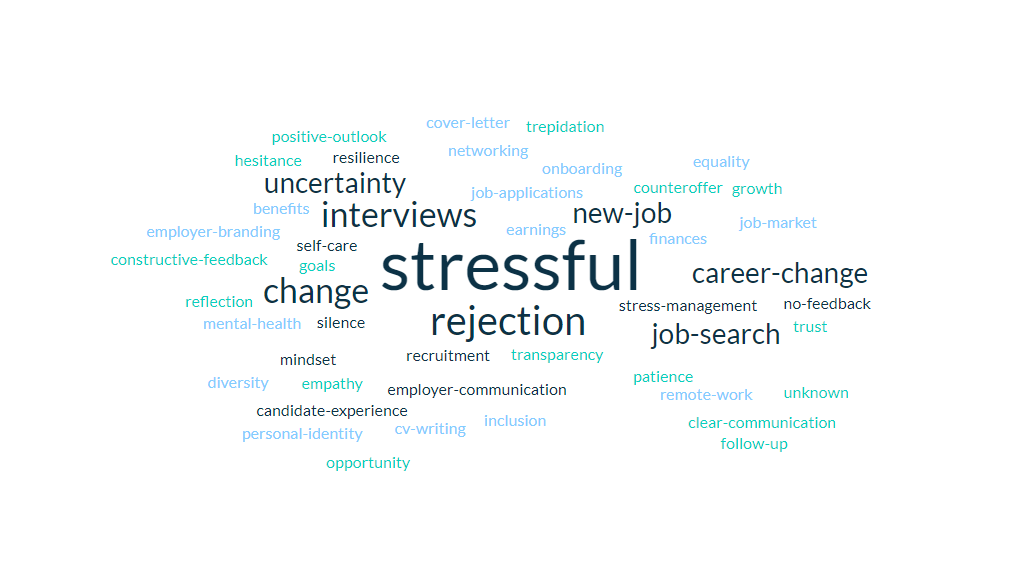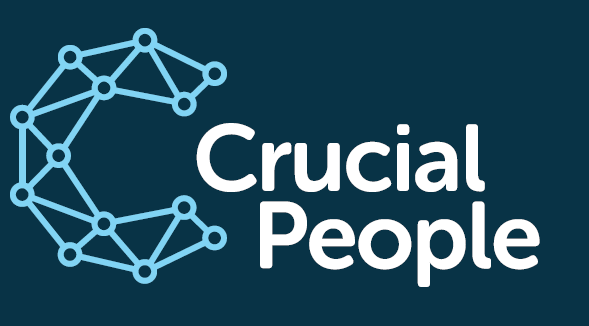Changing jobs is stressful: A Guide for Job Seekers and Employers
Changing jobs is stressful: A Guide for Job Seekers and Employers

Changing jobs is one of the most stressful events in life, often ranking alongside major life changes such as moving house or experiencing a loss.
For job seekers, the uncertainty and pressures can be overwhelming, while employers must recognise the impact their recruitment processes can have on candidates.
This blog explores why changing jobs is so stressful, offers strategies for managing this stress, and provides guidance for employers to minimise the strain on potential employees.
Why Changing Jobs is Stressful
The Fear of the Unknown
One of the primary reasons job changes are stressful is the fear of the unknown. Entering a new environment, learning new tasks, and adapting to different company cultures can be daunting. The uncertainty about whether the new job will meet expectations adds to the anxiety.
Financial Concerns
Financial instability during a job transition can also be a significant stressor. What if it doesn't work out? Are we financially okay? Am I missing out on my next pay rise? The fear of not having a steady income, especially if there is a gap between jobs, can create substantial pressure on individuals and their families.
Impact on Personal Identity
For many people, their job is a core part of their identity. Changing jobs can feel like losing a part of oneself, leading to emotional turmoil and a sense of insecurity.
Managing Your Mindset
Embrace the Change
Instead of fearing change, try to embrace it. View the job transition as an opportunity for growth and new experiences. Maintaining a positive outlook can reduce anxiety and help you stay motivated.
Revisit your 'Why' and focus.
If you are feeling overwhelmed, think back to why you started the process. Something wasn't right and you needed to change it, and you probably still do. So what is it? The money? The job satisfaction? The travel? The management? What would correcting that thing mean for you? Now refocus.
Set Realistic Expectations
Having realistic expectations about the job search process can help manage stress. Understand that finding the right job takes time and that setbacks are a normal part of the journey.
Practise Self-Compassion
Be kind to yourself during this process. Recognise that it’s okay to feel stressed and that you’re not alone. Self-compassion can improve your resilience and overall well-being.
Staying Focused and Avoiding Poor Decisions
Develop a Plan
Create a structured job search plan with clear goals and timelines. Breaking down the process into manageable steps can help you stay focused and organised.
Avoid Impulsive Decisions
High stress levels can lead to impulsive decision-making. Take your time to evaluate job offers and consider how they align with your long-term career goals. Avoid accepting a job out of desperation.
Seek Support
Lean on your support network, whether it’s friends, family, or professional mentors. Their guidance and encouragement can help you stay grounded and make informed decisions.
Dealing with Rejection
Normalise Rejection
Understand that rejection is a common part of the job search process. It’s not a reflection of your worth or abilities but rather a mismatch between your skills and the employer’s needs.
Learn from Feedback
If you receive feedback from employers, use it constructively. Identify areas for improvement and consider how you can strengthen your future applications and interviews.
Maintain Resilience
Resilience is crucial when dealing with rejection. Keep moving forward and remind yourself of your strengths and accomplishments. Each rejection brings you closer to the right opportunity.
Coping with No News
Manage Expectations
Understand that hiring processes can be lengthy and involve multiple stages. Employers often need time to make decisions, so manage your expectations and be patient.
Follow Up Professionally
If you haven’t heard back after a reasonable period, send a polite follow-up email. This shows your continued interest in the position and can prompt a response from the employer.
Stay Engaged
Continue applying for other positions while waiting for responses. Keeping your job search active will reduce the anxiety of waiting and increase your chances of finding the right job.
Recentre and Focus on You
Prioritise Self-Care
During the job search, it’s essential to prioritise self-care. Engage in activities that reduce stress, such as exercise, meditation, or hobbies. Taking care of your physical and mental health will improve your overall resilience.
Reflect on Your Goals
Take time to reflect on your career goals and aspirations. Consider what you truly want from your next job and how it aligns with your long-term plans. This clarity will guide your job search and decision-making process.
Maintain Balance
Maintain a healthy work-life balance during your job search. Avoid letting the search consume all your time and energy. Balance your efforts with relaxation and social activities.
Minimising Stress as an Employer
I often see that employers approach recruitment as a process only for them. Their needs, their wants, their timelines, which is understandable. But it is important to remember that you are dealing with people. People who are putting themselves into a high-stress situation. People who sometimes have had to put themselves through some emotional turmoil to even come to the decision to begin their journey. People who have been deeply loyal and feel bad for wanting a new job. People who are nervous about changing jobs. People who may have anxiety with the job hunt as they have worked in the same place for years. People who are stretching themselves for their betterment and whilst completely capable will have imposter syndrome. People who are left in a heightened state when nervously waiting for feedback or decisions. So be understanding, considerate and compassionate.
Streamline the Recruitment Process
A lengthy and complicated recruitment process can add unnecessary stress for candidates. Streamline your procedures to make them as efficient and straightforward as possible. Avoid a protracted five-stage process where they need to meet every man and his dog and do a presentation.
Avoid an interrogation
Yes, you have questions to ask, and you need to make sure the candidate is a good fit for the role and the company. Of course, you need to assess their competency and put them to the test at the Interview. But it doesn't have to be an interrogation, and it certainly doesn't need to feel like an obstacle course of trick questions. Ask what you need, be very clear on what you are asking, and explain why it has relevance for the job. Give them time to answer. If you need to follow up to clarify, do so, but don't turn it into a questioning machine gun. I've heard interviewers complain that the candidates didn't answer their questions properly. I'll challenge; did you ask your questions properly?
Provide Clear Communication
Clear and timely communication is vital. Keep candidates informed about the stages of the recruitment process and provide regular updates. Transparency reduces anxiety and builds trust.
Offer Constructive Feedback
A huge gripe I have is a lack of constructive feedback. "Sorry, they weren't a fit" or "we saw someone better" doesn't really help anyone. Providing constructive feedback to unsuccessful candidates can help them understand why they were not successful, rather than leaving them wondering and doubting themselves. It will help them to improve and feel valued. This positive interaction enhances your reputation as an employer and ultimately supports the candidate’s growth.
Show Empathy and Respect
Show empathy and respect throughout the recruitment process. Understand that job searching is stressful and acknowledge the effort candidates put into their applications. This approach fosters a positive experience and leaves a lasting impression.
The Importance of Communication and Updates
No News is Not Good News
Leaving candidates in the dark is one of the most significant stressors in the job search process. Ensure you provide regular updates, even if there is no new information. Letting candidates know they are still under consideration keeps them engaged and reduces anxiety.
Build a Positive Employer Brand
A well-managed recruitment process reflects positively on your employer brand. Candidates who feel respected and informed are more likely to speak highly of your company, even if they don’t get the job. This reputation can attract top talent in the future.
Foster Long-Term Relationships
Maintaining good communication with candidates can foster long-term relationships. Even if a candidate isn’t the right fit for the current role, they may be suitable for future opportunities. Ensuring that prospective candidates, whether successful or not, have a positive experience of your recruitment process ensures they remain interested in your company.
Summary
Changing jobs is undoubtedly a stressful experience, but with the right mindset and strategies, job seekers can manage this stress effectively. Employers, too, have a crucial role in minimising stress through a well-structured and empathetic recruitment process. By prioritising communication, offering support, and maintaining transparency, both job seekers and employers can navigate the job change journey with greater ease and confidence.
For Job Seekers: If you're ready to take control of your job search, start implementing these strategies today. Update your CV, practice self-care, and keep pushing forward. The right opportunity is out there waiting for you.
For Employers: Reflect on your recruitment practices and make the necessary changes to support and attract top talent. Streamline your processes, maintain transparency, and provide regular updates to candidates. Your efforts can make a significant difference in someone's career journey.
Together, let's make the job change process a positive and empowering experience for everyone involved.











